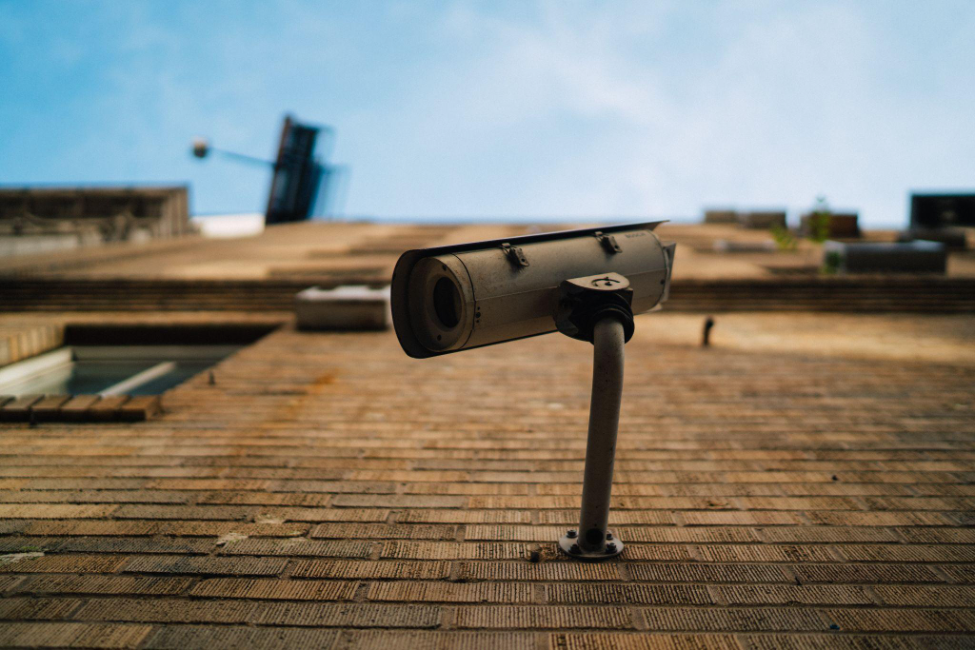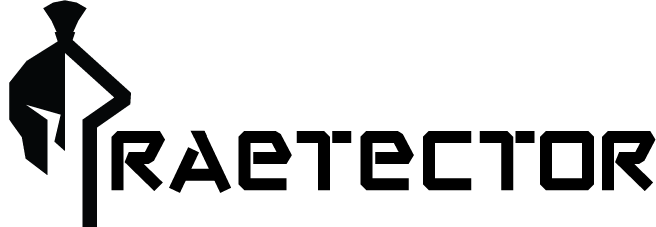Data breaches are a growing concern in today’s digital age. And, hacking is one of the most prevalent forms of attack. Despite the perception of security cameras as secure devices, they can, in fact, be vulnerable to hacking. In this article, we will dive deep into the question, “can security cameras be hacked” and what you can do to protect yourself.
How Do Hackers Get to the Security Cameras?

Hacking into security cameras can occur both remotely and locally. Local hacks occur when the hacker is physically within range of the wireless network connected to your cameras and can exploit vulnerabilities in the system. Unfortunately, many security cameras lack sufficient protection to prevent this type of attack.
Remote hacks, on the other hand, can be initiated from anywhere in the world with an internet connection. To minimize the risk of this type of attack, it’s important to work with a reputable company like Praetector. We secure your cameras and implement strong passwords that aren’t used for any other accounts. Additionally, updating software and regularly checking for security vulnerabilities can help keep your cameras safe from malicious actors.
How to Tell if Your Security Cameras are Hacked
Determining whether your security cameras have been hacked can be challenging. The primary goal of many hackers is to go undetected. However, there are a few tell-tale signs to look out for.
One of the most common indicators of a hacked camera system is a noticeable decrease in performance speed. While this can be due to a weak internet connection, it may also result from hacking. If you’ve ruled out other potential causes and your cameras are consistently experiencing slow speeds, it’s a good idea to investigate further.
Additionally, be on the lookout for unusual behavior. As in, cameras turning on and off at random times, a sudden increase in data usage, or the presence of strange or unauthorized devices on your network. If you suspect your cameras have been hacked, you must act quickly to secure your system and prevent further damage.
Here are some additional things to look out for:
- Distorted or blurry footage: If your security camera footage appears distorted or blurry, it may be a sign that the video feed has been tampered with by a hacker.
- Unusual network activity: If you notice unusual network activity, such as increased data transfer or strange IP addresses accessing your network, it may indicate that a hacker has gained access to your cameras.
- Lack of privacy: If your camera footage is being streamed or recorded without your knowledge, it is a clear sign that your security cameras have been hacked.
- Unusual camera movements: If your cameras start moving on their own or the field of view changes suddenly, it may indicate that a hacker has taken control of the camera.
- Strange noises or voices: If you hear strange noises or voices in your camera footage, it may indicate that a hacker is using your cameras to listen in on your activities.
It’s important to be vigilant and look out for these signs. They help you ensure the security of your cameras and the privacy of your home or business.
How to Protect Your Security Cameras from Getting Hacked
Securing your security cameras from hacking is crucial to protecting your privacy and the security of your home or business. Here are some steps you can take to prevent your cameras from being hacked:
- Choose a reputable company: When selecting a company for your security camera installation, make sure to research their reputation and track record. Look for a company that has a proven track record of providing secure and reliable security solutions.
- Implement end-to-end encryption: Make sure that the security camera system you use includes end-to-end encryption to prevent unauthorized access to your video feeds.
- Use strong passwords: Avoid using the same passwords for your security cameras that you use for other online accounts. In addition, make sure to choose strong, unique passwords that can’t be easily guessed.
- Enable two-factor authentication: Adding an extra layer of security, such as two-factor authentication. This can help prevent unauthorized access to your cameras.
- Regularly update the system: Keeping your security cameras and software updated with the latest security patches. This can help prevent hacking and other cyber threats.
By taking these precautions, you can help protect your security cameras from being hacked. In addition, you can ensure the privacy and security of your home or business.
Keep Your House Protected With Praetector
Protecting your home from potential threats can be overwhelming. However, with Praetector, you can have peace of mind without the hassle.
With a comprehensive range of security solutions, Praetector makes it easy for you to keep your house protected against any dangers. Say goodbye to stress and hello to a safer and more secure home with Praetector.
